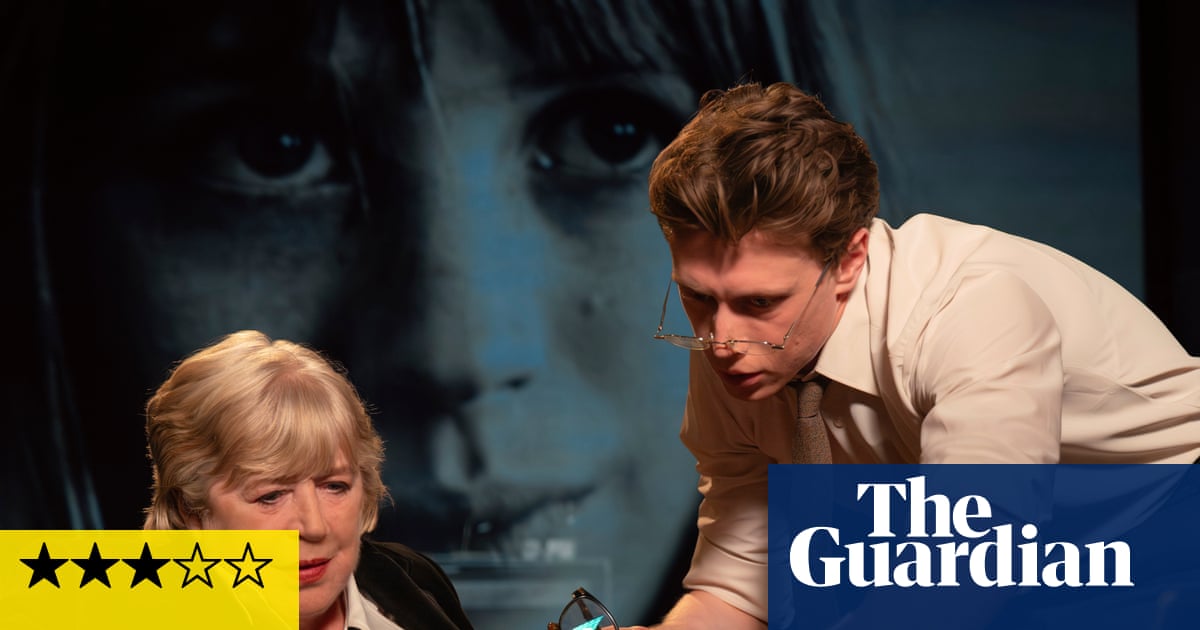
"Marianne Faithfull led different lives and was cast in various roles. Some roles she chose and wrote herself; others were forced upon her, like an ugly hat or an ill-fitting suit. She was the convent girl and the teenage bride, the 60s It girl and the rock star's girlfriend. She was the pop singer, the folk singer, the tragic addict and the indomitable survivor."
"Broken English, a flawed but ardent new documentary from Iain Forsyth and Jane Pollard, effectively arranges all of these incarnations like museum exhibits and invites its subject to review each one in turn and then smash the glass to set them free. Faithfull broke the mould, and so it is fitting that the film of her life should do the same, except that Forsyth and Pollard's main conceit feels jerry-rigged and overdramatised to the point where it risks obscuring our view of the woman herself."
"We're ostensibly inside the Ministry of Not Forgetting, an institution dedicated to examining truths and myths and the porous line between the two. It's a defiantly analogue place, stuffed with tape decks and rotary phones, and presided over by Tilda Swinton in the role of a sharp-suited bureaucrat. Faithfull is the project and Swinton its exacting overseer. We need to take a proper look at Marianne's role as a destabilising influence, she says by way of moving the action forward."
Marianne Faithfull inhabited many contrasting identities: convent girl, teenage bride, 60s It girl, rock star's girlfriend, pop and folk singer, addict and survivor. Broken English arranges those incarnations as museum exhibits under the aegis of the Ministry of Not Forgetting, with Tilda Swinton as an exacting overseer and George MacKay as the gentle record keeper. The filmmakers stage an analogue, art-school conceit that sometimes feels jerry-rigged and overdramatised, risking obscuring the woman at the centre. Faithfull consents to gentle interviews despite impaired health from emphysema and Covid, and the film captures the fading glow of a remarkable life.
Read at www.theguardian.com
Unable to calculate read time
Collection
[
|
...
]